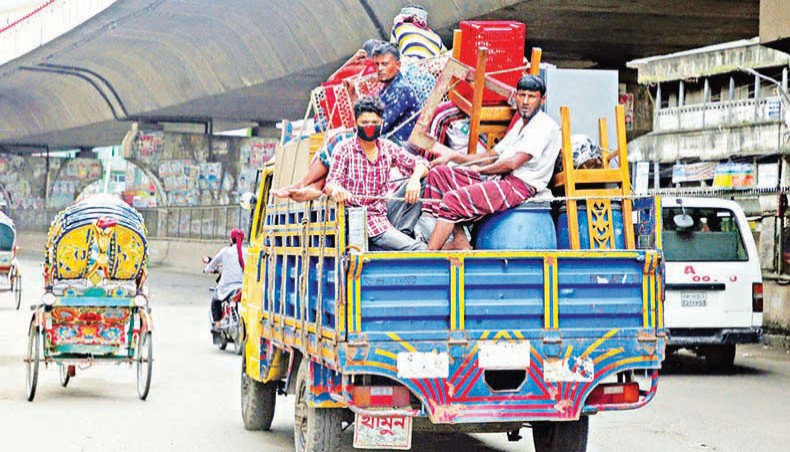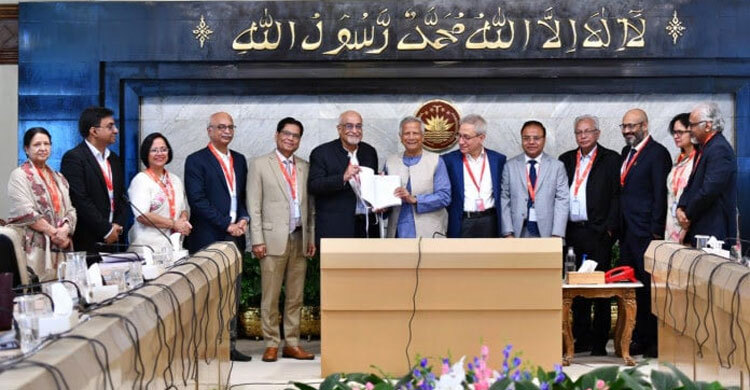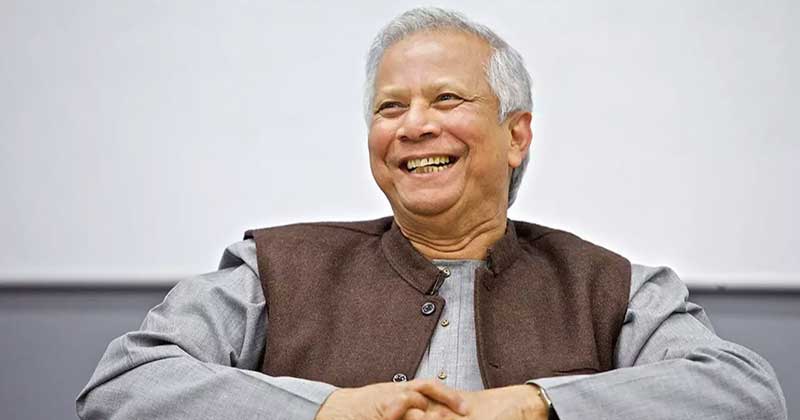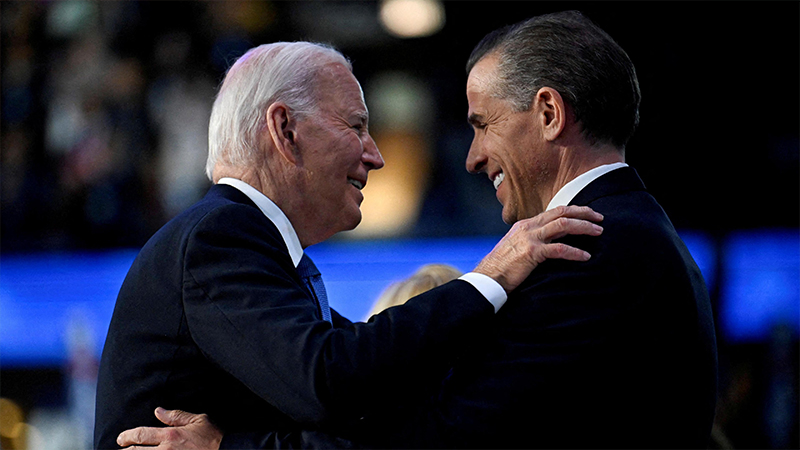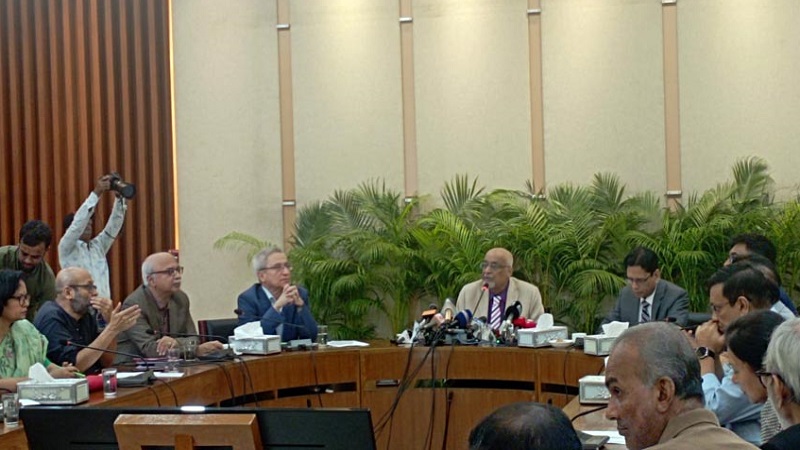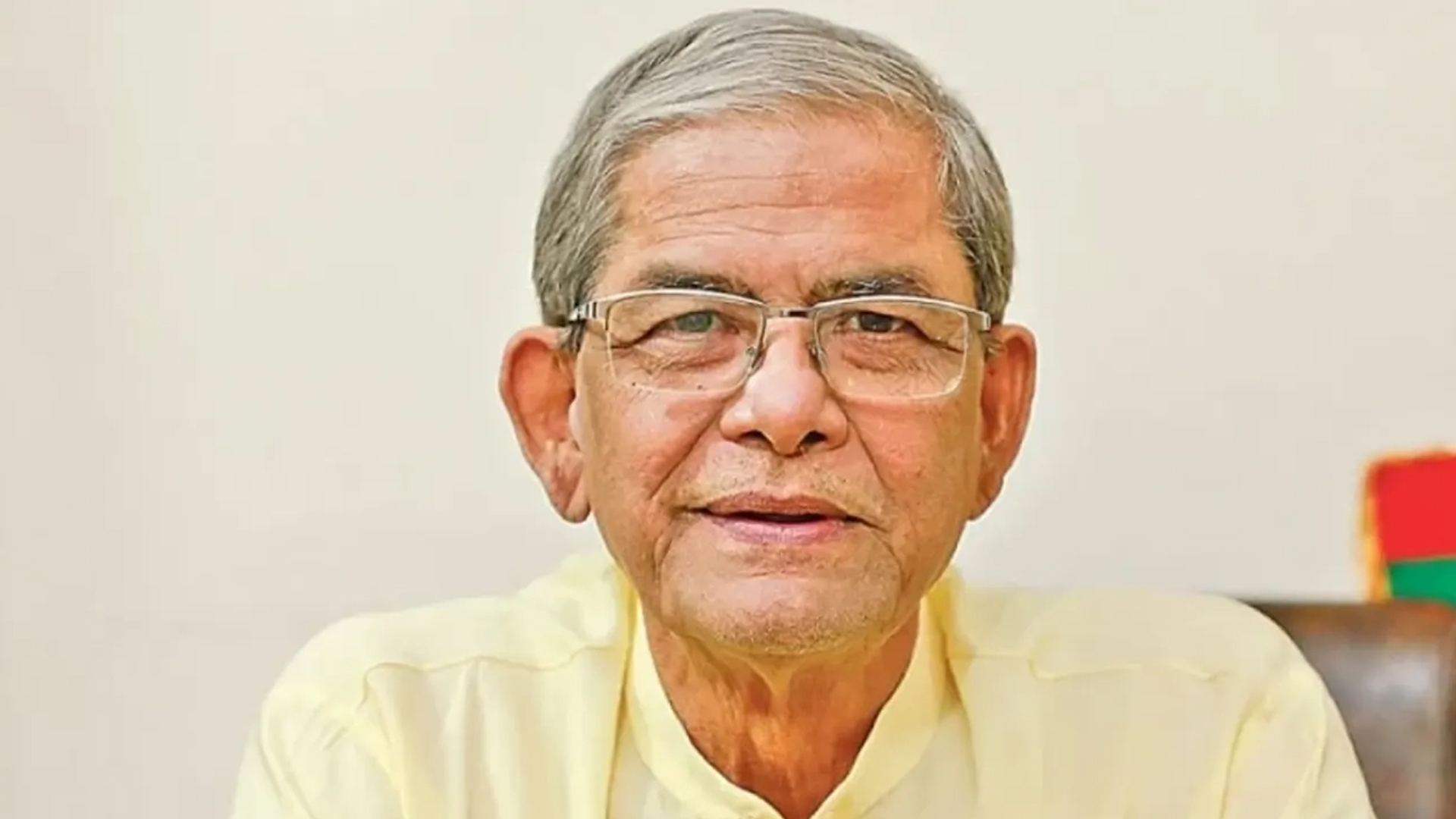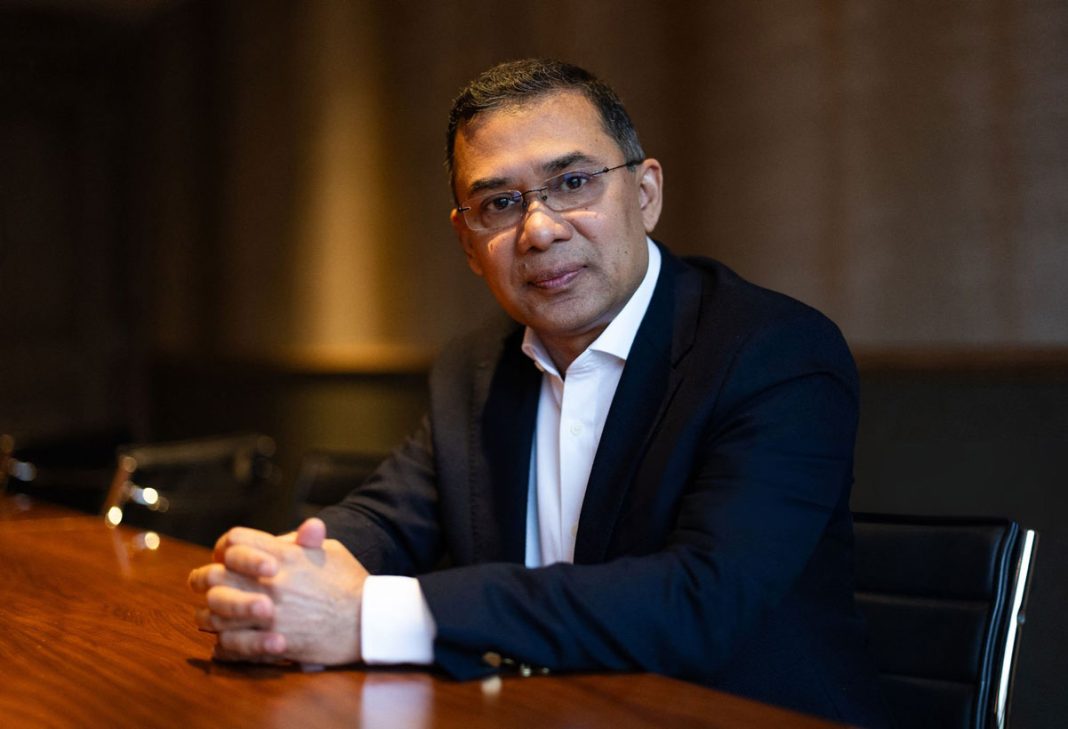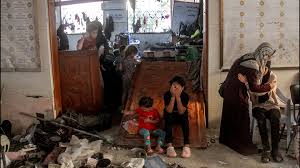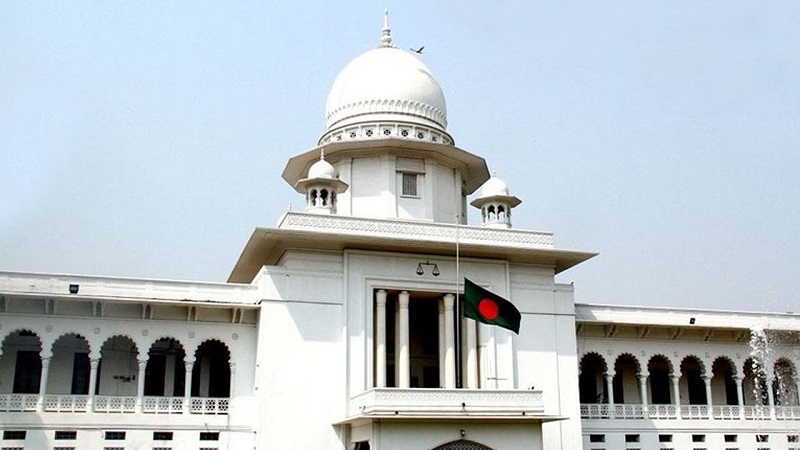The proposed budget for the fiscal year 2021-2022 has underestimated the Covid outbreak economic fallout like a rise in poverty and unemployemnt and impact on small and medium entreprise sector, said the South Asian Network on Economic Modeling on Saturday.
At an online press briefing on the proposed budget, SANEM executive director Selim Raihan said that the proposed budget’s contents were disconnected with its title ‘Bangladesh Towards a Resilient Future Protecting Lives and Livelihoods’ as the government’s assessment of the Covid situation was improper and inappropriate.
‘If policymakers remain in their comfort zone during such a crisis, they will not feel the need to create and implement appropriate policies,’ he said.
While many priorities have been appropriately mentioned in the budget, the proposed budget lacks discussions about the education sector, and it does not mention anything about the ‘new poor’ and contains inaccurate data of ‘old poor’ and ‘non poor’.
These absences would lead to issues in providing support to these groups, he said.
Given the difference between the planning and the real situation, Selim said, ‘In brief, the solutions presented seem to be on an ad hoc basis, rather than overall planning in regards to the Covid crisis.’
Speaking about the actual implementation of preceding budgets, Selim, also a Dhaka University professor, said SANEM has found that the proportion of the proposed budget that is actual spending was around 75-78 per cent in the past 10-12 years.
Moreover, the difference between implementation and spending is crucial, as increased spending does not imply that policies are being properly implemented, he said, adding that the monitoring and evaluation process of the goals mentioned in the budget were also not clear, which is why discussions on budget implementation are dependent on spending figures only.
Mentioning that the size of the budget was increasing but was not increasing in proportion to the gross domestic product, Selim said, ‘Therefore, the size of the budget should be further increased, but in terms of priority.’
‘For example, public health expenditure, education and social protection are currently very small portions of the GDP, which does not align with international sustainable development goal norms,’ he said.
Ideally, these expenditures should be doubled to achieve the SDGs, however it would be impossible if the budget is only around 17.5 per cent of the GDP, he said.
Labeling the revenue-GDP ratio unrealistic under the existing situation, Selim proposed that the revenue-GDP ratio should be toned down.
He also mentioned that the budget deficit should be higher than 6.2 per cent.
‘To meet the budget deficit, it is important to ensure “honest use” of the loans mentioned in the budget to be taken from the banking sector,’ he said.
The tax benefits given in terms of imports also pose a risk, as these may discourage businesses to expand into exports – this is also a cause of concern when Bangladesh graduates from the least devloped country and falls under World Trade Organistion regulations.
At the briefing, SANEM research director Saima Haque Bidisha said that the budget, overall, business-friendly, which is positive and there is visible effort in reviving the economy.
She, however, said that it was not clear how much the general public, the low-income people and the middle class would be benefitted from the efforts made to boost businesses.
‘It is also not clear how many small and medium-sized enterprises will benefit from the concessions,’ she said, adding, ‘There are mixed feelings in terms of how much the general population will benefit and how much employment will be generated.’


